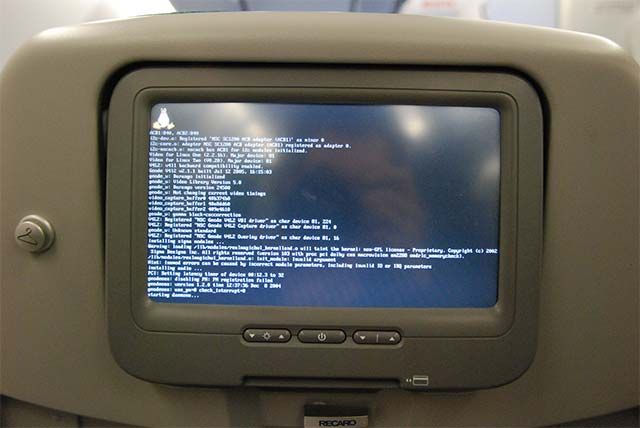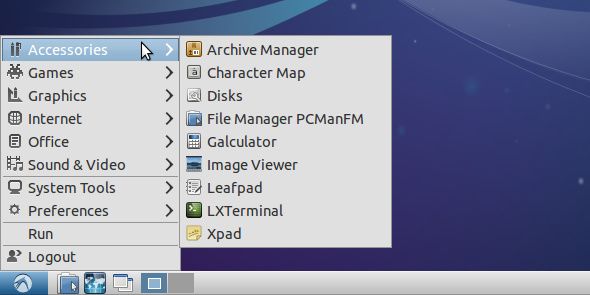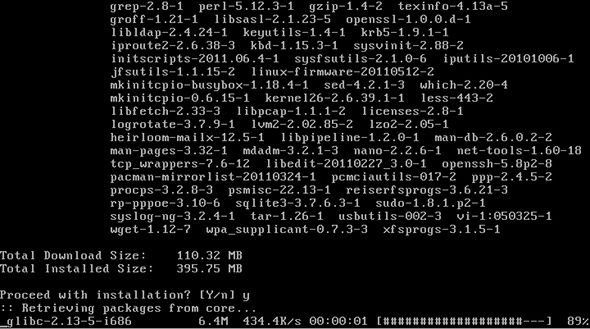You've maybe heard that Linux is everywhere, and has the potential to be everywhere, including places in the world where computing needs to be extraordinarily affordable. Linux is the perfect solution for this, but why? Let's check out four reasons why Linux is helping spread computing all over the world.
Linux Runs On Any Hardware
Linux is very portable, meaning that it can run on any hardware. Need a bit more performance? It'll run on x86-based processors. Need to sip as little electricity as possible? It'll also run on ARM-based processors. Have any other needs that other hardware and different CPU architectures can satisfy? Linux can run on all of them. To prove this, we even wrote an article about 10 places Linux runs that you might not think of. This is partially thanks to how Linux was written, so that only minor modifications need to be made to allow Linux to run on other architectures, and partially because of its open source license that allows others to port it to whatever systems they need it on.
Linux Is Lightweight
Not only can it run on any type of hardware, but it can also run on hardware that a lot of people may initially think is underpowered. Of course, Linux isn't the leanest piece of software out there, but when combined with lightweight alternatives for desktop environments (such as LXDE) and other software, it certainly needs a lot less resources than other systems like Windows. The best example for this is the Raspberry Pi -- with its stats on paper, it looks like it can barely do anything. But with Linux, it can actually do quite a bit -- certainly more than a lot of people expected.
Linux Is Flexible
Linux is a lot more flexible in terms of what you can do with it, and this is again all thanks to its open source license. If there's anything in a piece of software that you don't like or would like to add to, there's nothing to stop you. Creating your own solutions to satisfy your own needs is a lot better (and cheaper) than having to get someone else to do it.
It's also flexible in the regard that you can piece together all sorts of software to make your own system. Want a desktop environment with lots of features and effects? You can do that. Need one that's extremely light and barely use any resources? You can do that too. Need a server and therefore no desktop environment at all? You got it.
It's Free!
Best of all, getting Linux is completely free. Paying for software licenses is the biggest hurdle to affordable computing, and Linux does away with that completely. You can easily download a distribution, install it, and put it straight to work. And for those who do not have an Internet connection good enough to download a distribution, you can buy a CD of most distributions for a small fee.
Try Linux For Affordable Computing
As you can see, Linux has a lot of things going for it that can make computing affordable and accessible. For large organizations, using Linux means that they can spend less and maximize profits. For the average user at home, it means using a reliable, secure, and inexpensive system that can handle all your productivity needs. For areas where computers are uncommon, it allows them to receive cheap, low-powered hardware and load Linux on them for them to work. With Linux, all of this is possible. That's how Linux is spreading affordable computing.
In what interesting places have you seen Linux run? Where else could Linux be used where it's currently unpopular? Let us know in the comments!





